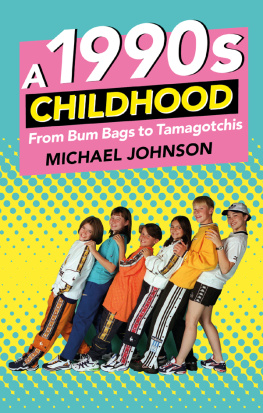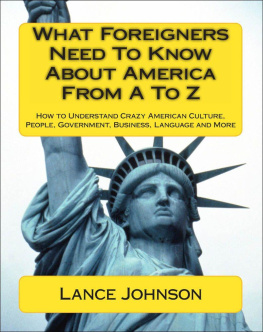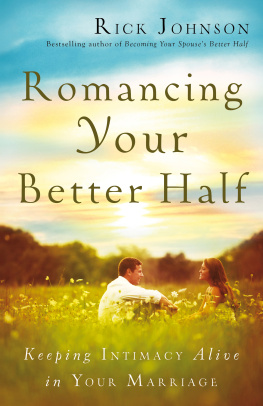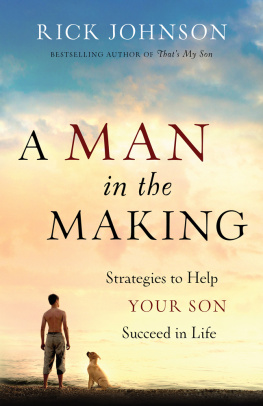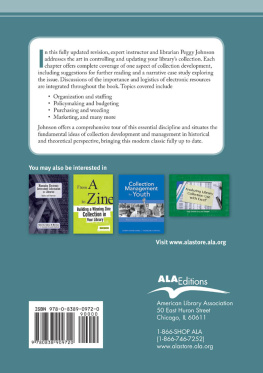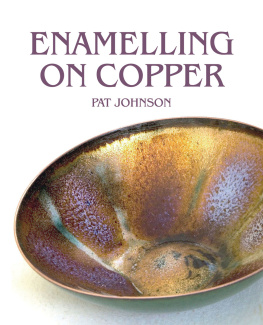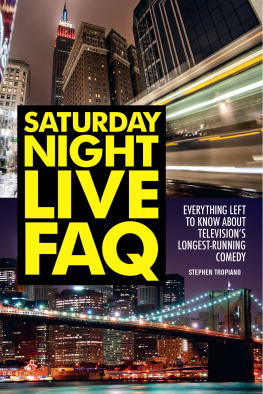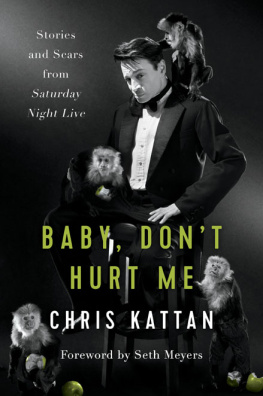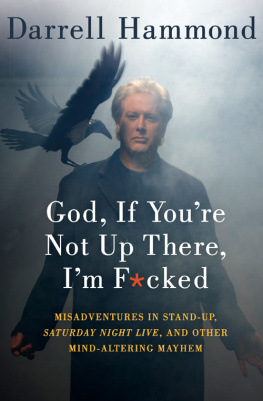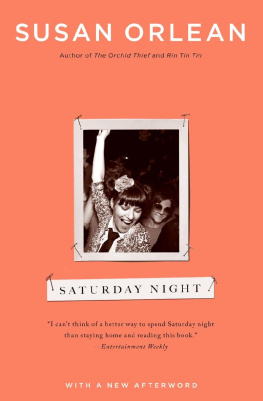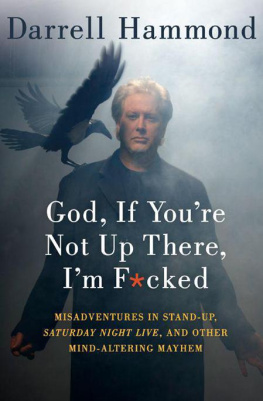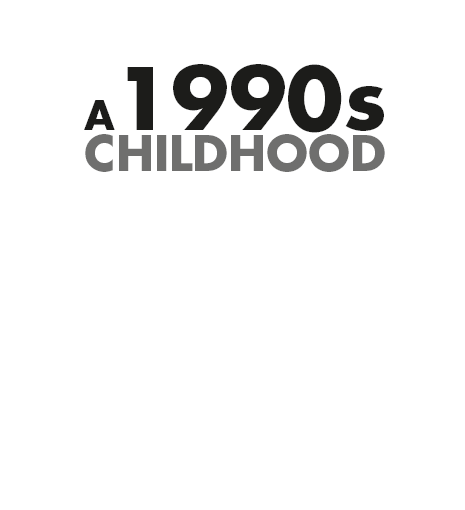

To
Rachel, Amelia and Isabel
TBTG
Front cover: School kids fashion shoot, August 1997, Sports Connection competition. (Trinity Mirror/Mirrorpix/Alamy Stock Photo)
First published 2017
The History Press
The Mill, Brimscombe Port
Stroud, Gloucestershire, GL5 2QG
www.thehistorypress.co.uk
Michael Johnson, 2017
The right of Michael Johnson to be identified as the Author of this work has been asserted in accordance with the Copyright, Designs and Patents Act 1988.
All rights reserved. No part of this book may be reprinted or reproduced or utilised in any form or by any electronic, mechanical or other means, now known or hereafter invented, including photocopying and recording, or in any information storage or retrieval system, without the permission in writing from the Publishers.
British Library Cataloguing in Publication Data.
A catalogue record for this book is available from the British Library.
ISBN 978 0 7509 8653 3
Typesetting and origination by The History Press
Printed and bound by CPI Group (UK) Ltd
eBook converted by Geethik Technologies
CONTENTS
ACKNOWLEDGEMENTS
With thanks to all those that have kindly supported me with feedback, memories and advice as well as enduring months of me waffling on about nineties trivia.
Thanks also to those who have contributed photography to this project through Wikimedia Commons including users: Brian Moody, Alan Light, The US National Archives, DeaPeaJay, Randop, Mgct1506, Zoyetu, JuneGloom07, Arnoldent, Michael Gorzka, Richard Goldschmidt, David Shankbone, Maxwell Hamilton, Bob McNeely and the US Air Force.
All other photos are from my own personal collection and were taken either by me, my dad David Johnson or my father-in-law Peter Julian. Thanks to my brother Martin Johnson for letting me share a photo of the two of us as children and also thanks to my wife Rachel Johnson and her sister-in-law Fiona Julian who have kindly given permission for me to use one of their old photos from before we met to illustrate nineties fashion.
Thanks also to the community of nostalgia fans at www.doyouremember.co.uk who helped with my research.
While every reasonable care has been taken to avoid any copyright infringements, should any valid issue arise then I will look to correct it in subsequent editions.
One
INTRODUCTION

We are the children of the nineties: a special collection of people who had the unique privilege and honour of being the final generation born in the last millennium. Its remarkable to think that we share the same century of birth as the very last of the Victorians, the same century that saw World Wars I and II take place, in which the aeroplane and the television were invented, and in which the majority of people either walked or rode horses instead of travelling by car. We are the last children to emerge from the twentieth century and we will be the last to remember what it was like growing up in the second millenium.
We will tell our children and our grandchildren of a time, long ago, when instead of sending messages to our friends on our smartphones, we would get on a bicycle, ride round to their house, knock on the door and ask if they could come out to play. We will share unbelievable tales of a time when we played with non-electronic toys and used our imaginations to conjure up stories and games to entertain ourselves. And our descendants will marvel at our descriptions of the good old days when children played in the streets until the light grew dim and it was time to come in for bathtime.
It seems somewhat fitting that, as the last generation of the twentieth century, we were also the last children to experience the relative purity and innocence of a traditional childhood untainted by smartphones, social media and cyber-bullying.
Its not that we were without technology in the nineties; on the contrary, we had just the right amount. We had computer games and electronic toys but they didnt dominate our lives. We were the masters of our Game Boys instead of the slaves of our smartphones and we were able to enjoy our technology free from the tyranny and pressure of the constant demands of social media.
Growing up in the nineties we experienced a quality of life undreamed of by our forefathers. We were healthier, lived longer, had more disposable income and more recreation time than at any time before in human history. We had better cars, more TV channels, increasingly exotic holiday destinations and ate out more often.

Tony Blair, the British Prime Minister between 1997 and 2007 and leader of the Labour Party between 1994 and 2007.
The world entered a time of relative peace as we were finally free from the ever-present threat of global nuclear war following the collapse of the Soviet Union and the end of the Cold War; apartheid was successfully being dismantled in South Africa; the Oslo Accords negotiated a way for Israel and Palestine to coexist in peace; and the Good Friday Agreement brought a period of peace to the Troubles in Northern Ireland.
We were blissfully unaware of the impending threat of climate change and lived in the idyllic days of pre-9/11 and 7/7 security concerns. Even the most intimidating threat of the time, the Millennium Bug, failed to materialise.
The nineties were, without a doubt, the happiest ten years of our lives.
In 1990 the average house price in the UK was 59,587 rising to 74,638 by the end of the decade. The price of a loaf of bread was 50p and and a litre of petrol would set you back just 40p. Wages had increased significantly over the previous twenty years and workers aged 21 in 1995 earned 40 per cent more, after adjusting for inflation, by the age of 39 than those aged 21 in 1975 did up to the age of 39. Gross Domestic Product (GDP) per capita rose from around 14,000 in 1980 to over 18,000 by the beginning of the nineties and by the end of the decade had escalated to in excess of 22,000.
This relative increase in wealth resulted in a decline in overall poverty in the UK and a rise in consumer spending, which meant that we had more toys and gadgets than ever before and spent more money on our leisure and entertainment. For some, shopping in itself became a source of entertainment, and with the wide availability of credit cards and in-store credit we began to hear the term shopaholic being bandied around as people got themselves into serious trouble buying things they simply couldnt afford.
We didnt have streaming music or video yet so we bought our music from Our Price, the music shop, on CDs and cassette tapes; we rented VHS videos from the Blockbuster shop. Amazon didnt exist for most of the nineties so we bought our books from Borders or Waterstones and if we wanted toys, wed go to one of the shiny new American Toys R Us stores that had recently arrived in the UK.
Our parents named us with the most popular names at the time, which were Thomas, James, Jack, Daniel and Matthew for boys and Rebecca, Lauren, Jessica, Charlotte and Hannah for girls. The name James was so popular, in fact, that in one of my school classes four of the fifteen boys were called James, leading to numerous cases of mistaken identity and incorrectly assigned rebukes.
Next page
